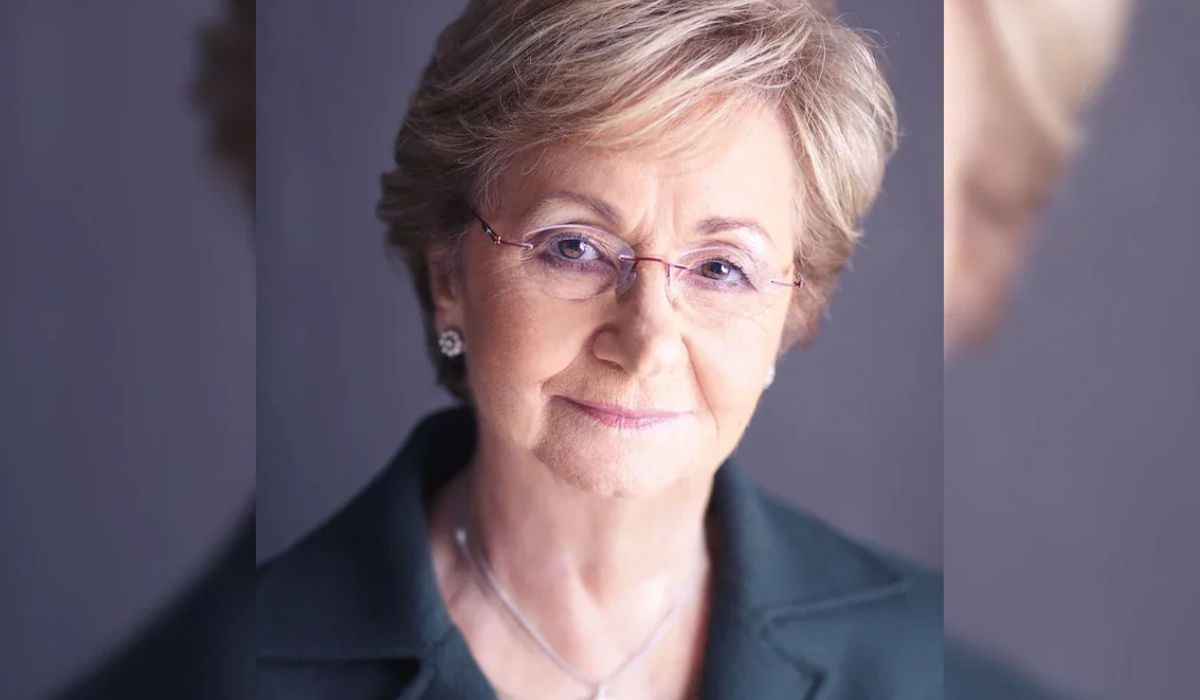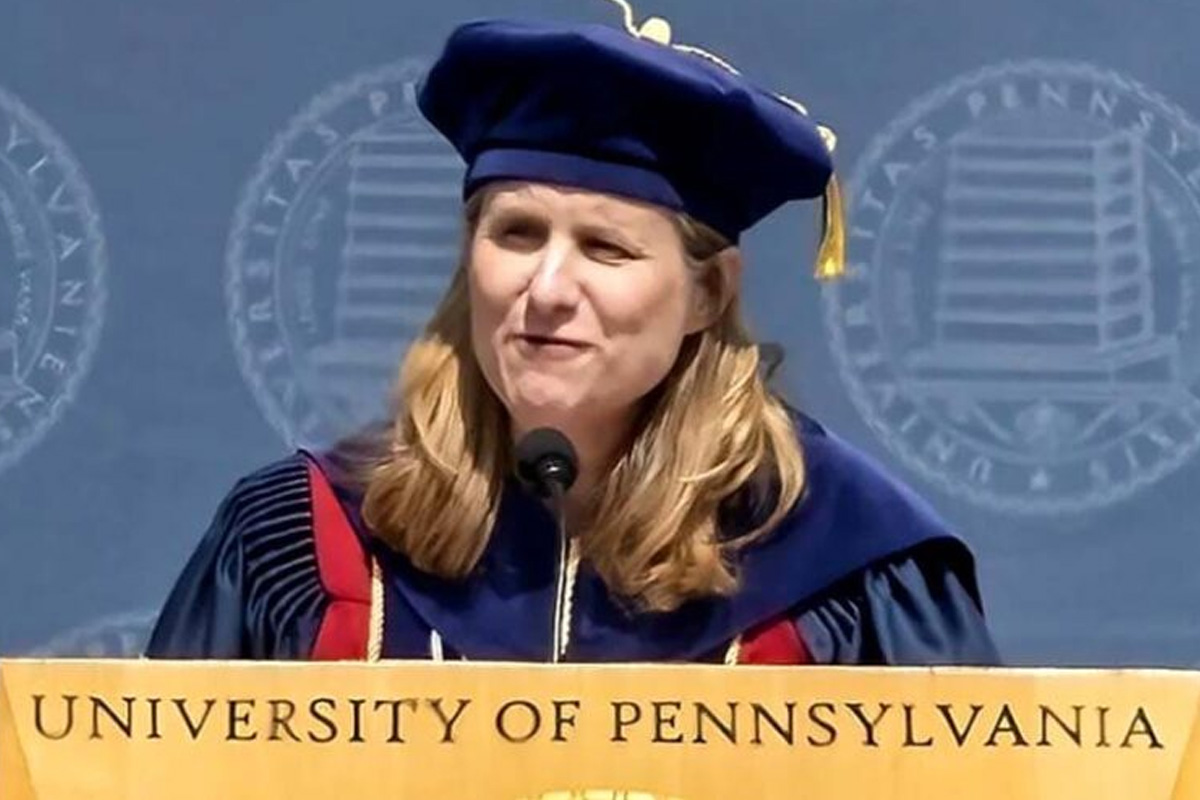Juanita Castro, the sister of the Cuban rulers Fidel and Raúl Castro who worked with the CIA against their communist government, has died in Miami at 90. She had been living in Florida for almost six decades, having moved there shortly after leaving the island.
The journalist María Antonieta Collins, who co-wrote Juanita Castro’s 2009 book, Fidel and Raúl, My Brothers. The Secret History, wrote on Instagram that she died on Monday.
“Juanita Castro was ahead of us on the path of life and death, exceptional woman, tireless fighter for the cause of her Cuba that I love so much,” Collins wrote.
The Cuban government and media had not mentioned her death as of Wednesday.
In her book, Juanita Castro, a staunch anti-communist, wrote that she began collaborating with the CIA shortly after the United States botched the Bay of Pigs invasion in 1961.
At first, she backed her older brothers in their attempt to remove the dictator Fulgencio Batista, contributing funds and acquiring weapons. However, her enthusiasm waned when Fidel Castro, upon assuming power in 1959, adopted a strict communist stance and excluded those with differing views from his administration.
In the early 1960s, when Fidel Castro’s sister turned her home in Cuba into a refuge for anti-communists, Fidel cautioned her against associating with the government-labeled “gusanos,” or worms, who opposed the revolution.
She said in her book that it was the wife of Brazil’s ambassador to Cuba who persuaded her to meet with a CIA officer during a 1961 trip to Mexico City. She said she told the agent that she did not want any money, and would not support any violence against her brothers or others.
Also read: TV Legend Norman Lear dies at 101, Cause of death
She claimed that the CIA employed her to sneak messages, papers, and cash into Cuba by concealing them inside canned goods. Her communication with them involved receiving signals through shortwave radio, where they would play a waltz and a song from the opera Madame Butterfly to indicate that her handlers had a message for her.
She remained on the island while their mother was alive, believing that protected her from Fidel’s full wrath.
“My brothers could ignore what I did or appear to ignore it so as not to hurt my mom, but that didn’t mean I didn’t have problems,” she wrote. After their mother died in 1963, “everything was becoming more dangerously complicated”.








